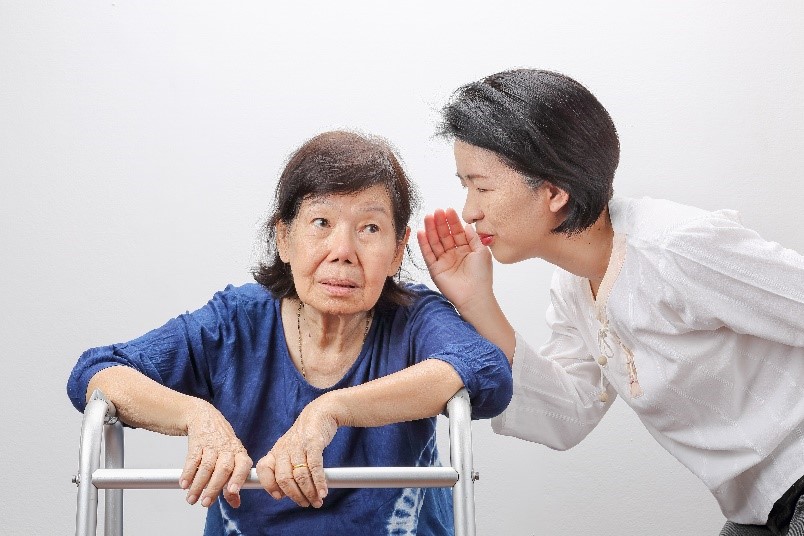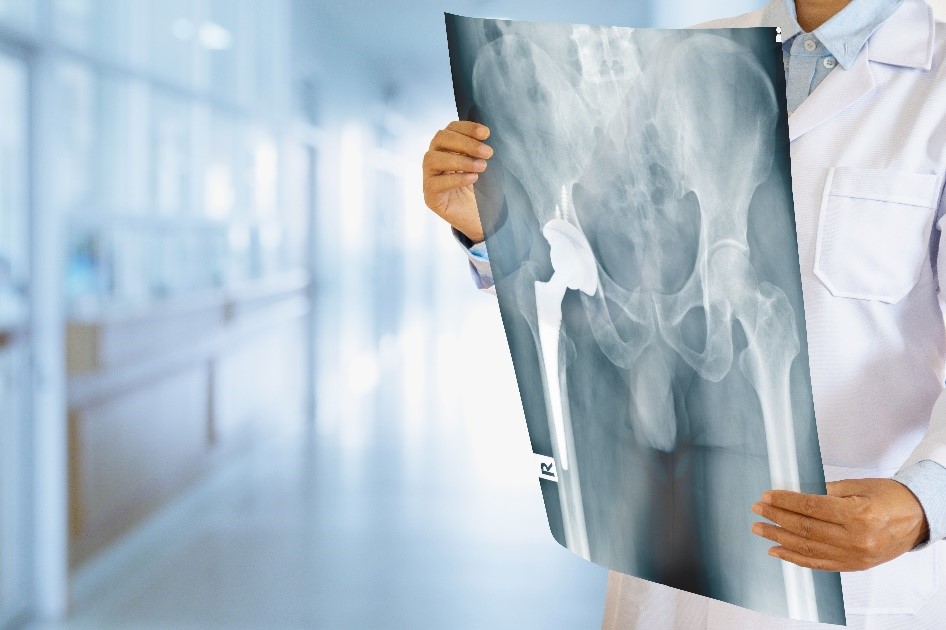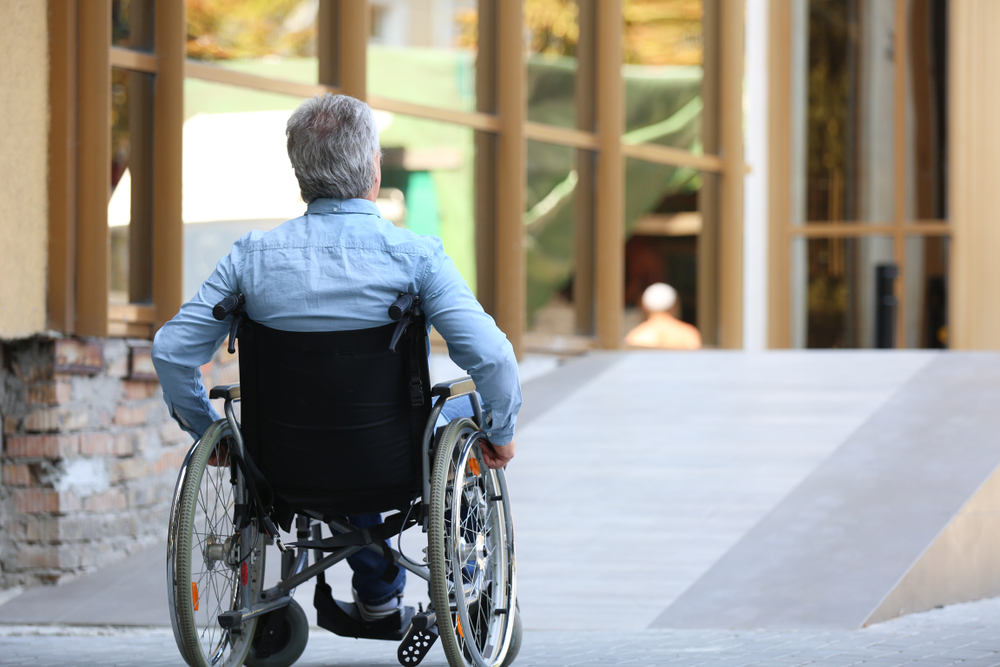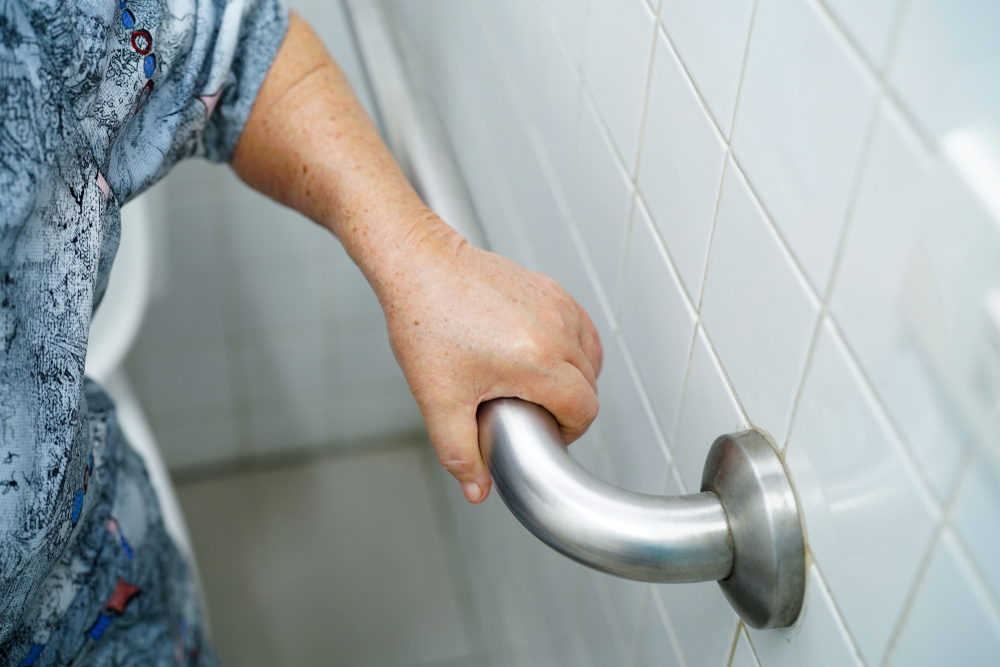Chronic conditions and the aging process itself leave many seniors at risk for encountering respiratory issues later in life. Infections and diseases can wreak havoc on even the healthiest immune systems, which is why seniors need to take extra care to protect themselves whenever possible. Follow along this month as we discuss some top tips for seniors and others suffering with respiratory issues or hope to prevent them.

Reduce Indoor Air Pollution
Reducing irritants in the air like pollen, fur, and dust can dramatically improve one’s ability to breathe when indoors. Whenever possible, reduce the amount of time the central heating or air conditioning is turned on and change out the filters whenever necessary. Regularly vacuum, dust, check for mold, and run an air purifier for an optimal indoor environment for your loved one.
Boost Endurance
Depending on how mobile a person is, light exercise can be a great way to boost the flow of oxygen throughout the body and tone chest muscles in and around the lungs. Sometimes boosting endurance will be in the form of resting and finding ways to conserve energy that will be needed later.

Change Your Wardrobe
Sometimes something as simple as trading in jeans for sweatpants can drastically improve how well someone can breathe comfortably. Removing tight and heavy layers from around the chest and abdomen can instantly provide a touch of lasting relief in a moment of discomfort.
Final Thoughts
Sometimes certain respiratory concerns will require additional support and equipment that only the industry experts can adequately provide. Home care services let people flourish in the everyday life they already know and love while getting a little help to stay independent and mobile. Home Instead offers personalized care plans to lift the caregiving burden from family members and keep those strong family bonds intact. Visit our website to learn more about the areas we service and the types of care we can provide you and your family.





